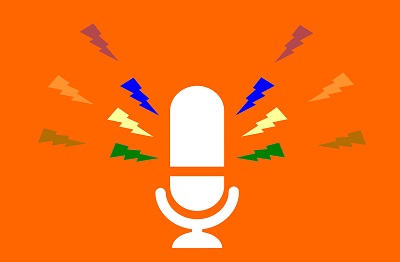educ8all is an online marketplace providing online video courses, downloadable materials and live sessions with a tutor for GCSE and A Level exams.
I recently appeared on a podcast hosted by Vishal Bhogaita, founder of educ8all, to discuss my latest video course which is for sale on his site, along with some of my educational philosophy and background.
Below is a summary of some of the answers to Vishal’s questions.
Compucademy discusses GCSE Computer Science Online Video Courses with educ8all
Please could you introduce yourself providing some insight into your experience in the education sector?
I qualified as a teacher of Maths and Computing in 2006 at the College of St Mark and St John in Plymouth, Devon. I’ve always worked in quite alternative settings except for supply work. My first job was in a small independent school, then a special unit for children with emotional and behavioural difficulties. I’ve also done a lot of tutoring both online and face-to-face. Now I run Compucademy. We offer tuition, resources and online courses, with the aim of supporting students and teachers of Computer Science in any way we can, as they move forward into the digital future.
In the transition from teaching in a school setting to tutoring, did you change your approach to teaching?
Not really. I’ve always aimed for friendliness and clarity in my teaching, regardless of the context. What I like about tutoring is that I can focus exclusively on teaching rather than dealing with classroom management issues and potentially unmotivated or disruptive students. And of course, the smaller class size, the better I can pitch my teaching at exactly the right level to meet students where they are at, and bring them on in their understanding.
The videos you have created that we host on educ8all cover GCSE Computer Science. Can you provide an overview of how the syllabus is structured at GCSE level?
It varies a little from board to board, but basically there are two main areas covered:
Computer Systems, including topics like
- Memory
- The CPU
- Networks
Computational thinking, algorithms and programming. E.g.
- Searching and sorting algorithms
- Sequence, iterations and selection
- Data representation
Do you think the manner in which the subject is currently taught is conducive to students carrying on with it at A-Level in line with objectives around STEM subjects?
I would say there is a real problem with integration with subjects like Maths, and Science. I don’t understand why almost all of data handling isn’t done with computers, or teaching coordinates or variables of example. The potential for using a programming lanueage like Python for enhancing learning in many other areas is vast.
Your course is project-based rather than linear. Can you explain why?
There has been a lot of research to show that project-based learning is extremely effective. The main advantages as I see it are context and focus. Having a specif goal to achieve and selecting concepts and techniques which will help to achieve that goal provides much more motivation and meaning, and tends to produce deeper learning.
Delving further into the detail of how the course has been created, can you give some insight into how much time goes into preparation, creation and editing? Are you able to give an approximate percentage split?
There is a lot of time spend on planning a project. Then comes writing a solution which is not just correct but uses the right coding style for the audience. For GCSE Computer Science, that means avoiding some of Python’ more advanced features, for example. After preparation, there is recording and them lots of time is spent on editing. Producing high quality video learning resources is perhaps surprisingly time-consuming.
Thanks for reading. The full podcast can be found here
